Kami menggunakan cookies untuk mengoptimalkan navigasi, fitur serta konten yang lebih Relevan. Untuk detail informasi lengkap tentang cookies silahkan lihat
Persetujuan Cookies kami. Dengan menggunakan situs ini, Anda menyetujui penggunaan cookies serta data pribadi kami sesuai dengan
Kebijakan Privasi kami.




